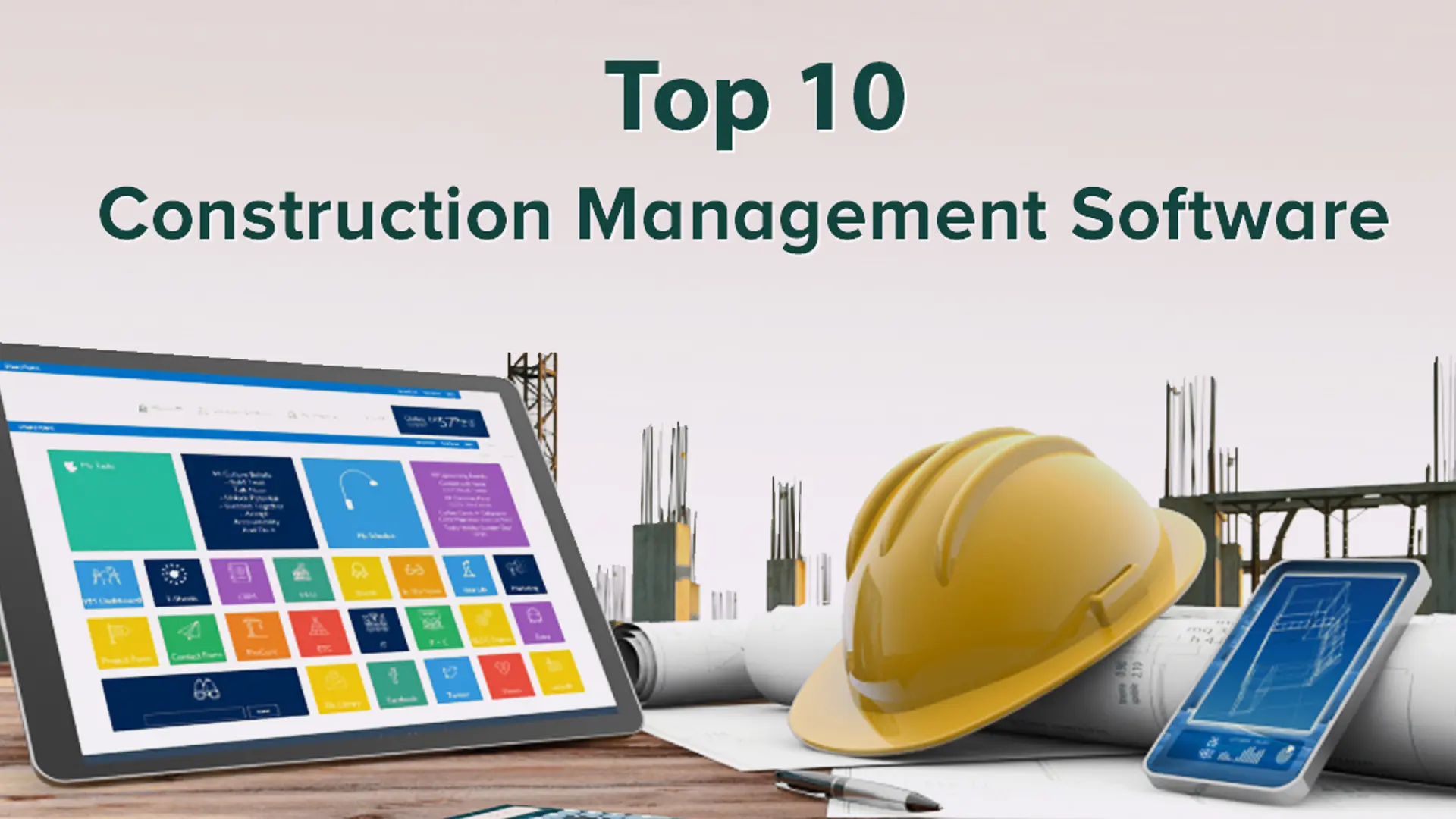Choosing the appropriate best construction management software can make a an enormous difference to the success and efficiency of any construction project. With the increasing complexity of modern construction, the top software solutions provide a complete, user-friendly and flexible platform that is adapted to the industry's unique demands. What is the essence of best construction management software?

1. Comprehensive Project Oversight
In its fundamentals, the best construction management software provides all-inclusive visibility throughout the project's lifecycle. This includes scheduling, planning budgeting, resource allocation documents, resource control, and communication. The software should enable project managers to keep track of each aspect in real-time, giving them the insights needed to make informed decisions quickly.
2. Real-Time Collaboration
Communication is vital when working in the construction industry, where teams are often operating from different places. The most effective software facilitates seamless collaboration between all stakeholders such as architects, contractors, engineers, and clients. Features like dashboards that are shared, mobile access, and instant updates ensure everyone is in the same place, reducing delays and misunderstandings.
3. User-Friendly Interface
While the functionality is important but usability is equally important. The ideal software should be simple to use, even for users who have no technical expertise. A well-designed user interface can reduce the learning curve, and also encourages widespread adoption across the team, leading to greater efficiency and fewer errors in operation.
4. Accurate Budget and Cost Tracking
Financial control is a major component of any construction. Excellent management software comes with tools for estimating expenses, tracking costs, managing change orders, as well as forecasting budgets. Transparent financial reporting not only aids in avoiding overspending, but also helps improve accountability with the stakeholders.
5. Document and Data Management
Construction projects create a significant amount of paperwork, which includes documents like blueprints, contracts, permits, and inspection reports. The most effective software offers an encrypted, central repository for storing and organizing these files. Advanced features like access control and version control increase efficiency and decrease the chance of costly mistakes.

6. Scalability and Integration
When construction companies expand or undertake larger projects, their software will expand accordingly. The most popular platforms have modular software that can be expanded and customized. Furthermore the integration of accounting systems, BIM tools, and other software ensures a smooth flow of information.
In the end one of the best construction management software is identified by its capacity to simplify complex workflows, increase collaboration and maintain control over every aspect of a project. By focusing on functionality along with usability, flexibility, and adaptability, it serves as an effective tool to deliver projects in time and on budget.
